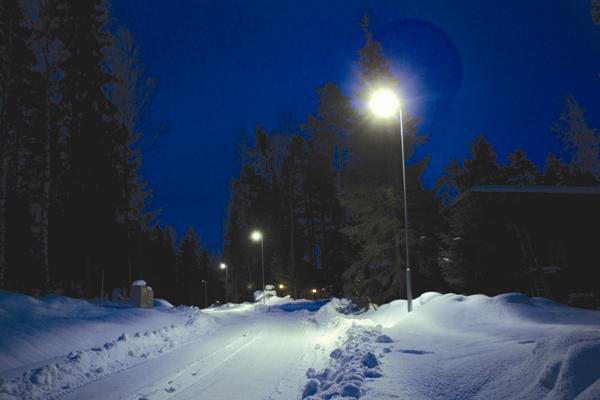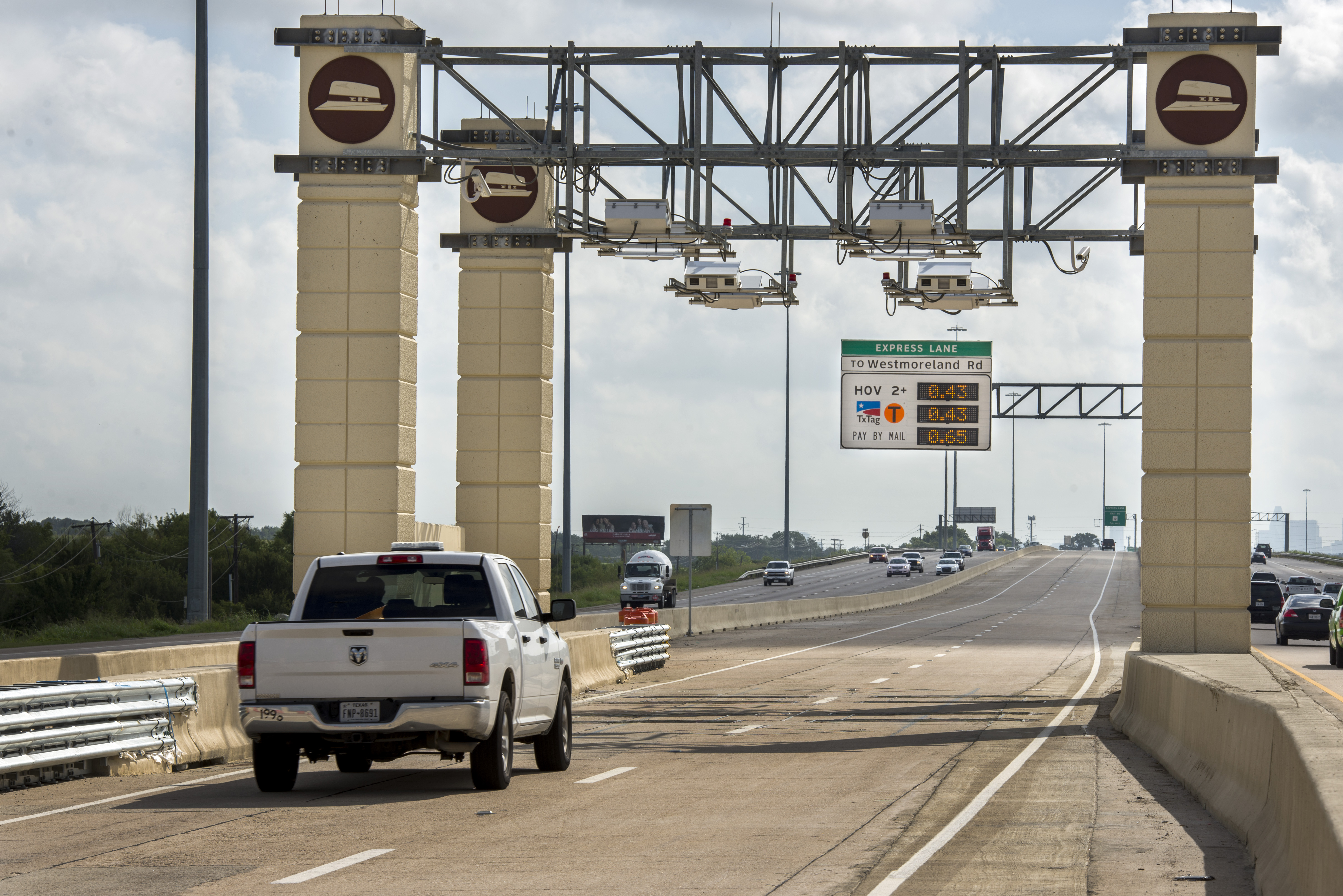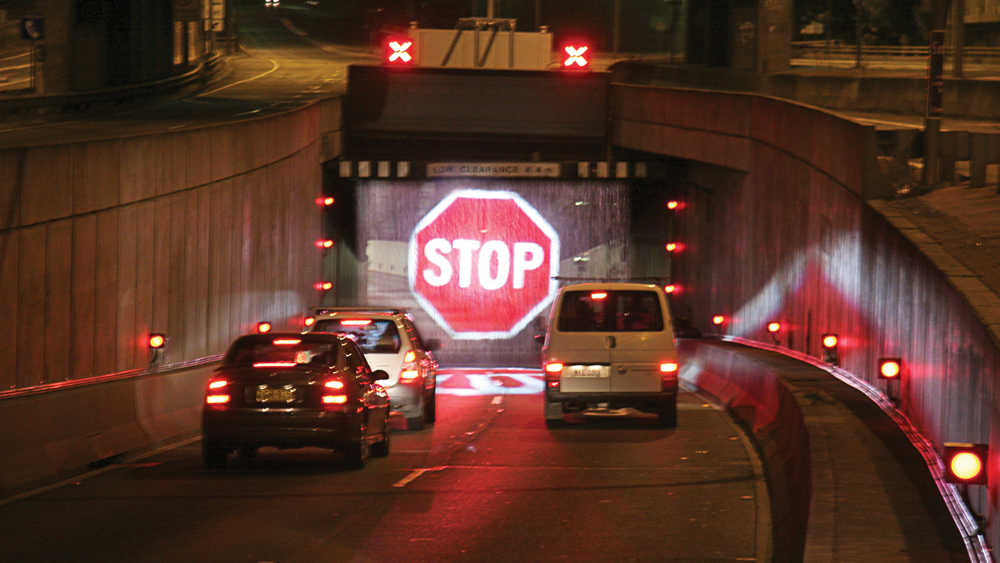The Victoria Park Tunnel, a significant infrastructure improvement to connect the Auckland harbour bridge to the Central Motorway in Auckland, New Zealand, has deployed a SwiftGate automated lane closure system. At the heart of the infrastructure project is an additional on-ramp built to increase the accessibility of the northbound highway lanes directly from urban downtown streets. This additional access is only available during peak hours when a movable barrier is shifted out, which meant that the ramp en
RSSThe Victoria Park Tunnel, a significant infrastructure improvement to connect the Auckland harbour bridge to the Central Motorway in Auckland, New Zealand, has deployed a SwiftGate automated lane closure system.
At the heart of the infrastructure project is an additional on-ramp built to increase the accessibility of the northbound highway lanes directly from urban downtown streets. This additional access is only available during peak hours when a movable barrier is shifted out, which meant that the ramp entry point needed to be opened and closed on a daily basis. The SwiftGate automated lane closure system now used to facilitate this operation features solar powered automated traffic control gates that can be opened and closed remotely. For the Victoria Park Tunnel Project the SwiftGates needed to be fully integrated into the complex ITS infrastructure that was being implemented during the project. Situated at the busy Beaumont / Fanshawe intersection, the SwiftGates are integrated via the538 Versilis Commander Interface module to operate in sync with warning signs, traffic lights and indicative panels. The operation of the SwiftGates involves coordination between the movable barrier machine operators and the personnel at the traffic control centre.
This project is the second permanent SwiftGate installation which includes full integration into an existing or new ITS infrastructure. The first project of this kind was the Jacques-Cartier Bridge, in Montreal, Canada, installation in March 2011 which allowed for the safe operation of the bridge’s reversible lane.
At the heart of the infrastructure project is an additional on-ramp built to increase the accessibility of the northbound highway lanes directly from urban downtown streets. This additional access is only available during peak hours when a movable barrier is shifted out, which meant that the ramp entry point needed to be opened and closed on a daily basis. The SwiftGate automated lane closure system now used to facilitate this operation features solar powered automated traffic control gates that can be opened and closed remotely. For the Victoria Park Tunnel Project the SwiftGates needed to be fully integrated into the complex ITS infrastructure that was being implemented during the project. Situated at the busy Beaumont / Fanshawe intersection, the SwiftGates are integrated via the
This project is the second permanent SwiftGate installation which includes full integration into an existing or new ITS infrastructure. The first project of this kind was the Jacques-Cartier Bridge, in Montreal, Canada, installation in March 2011 which allowed for the safe operation of the bridge’s reversible lane.











